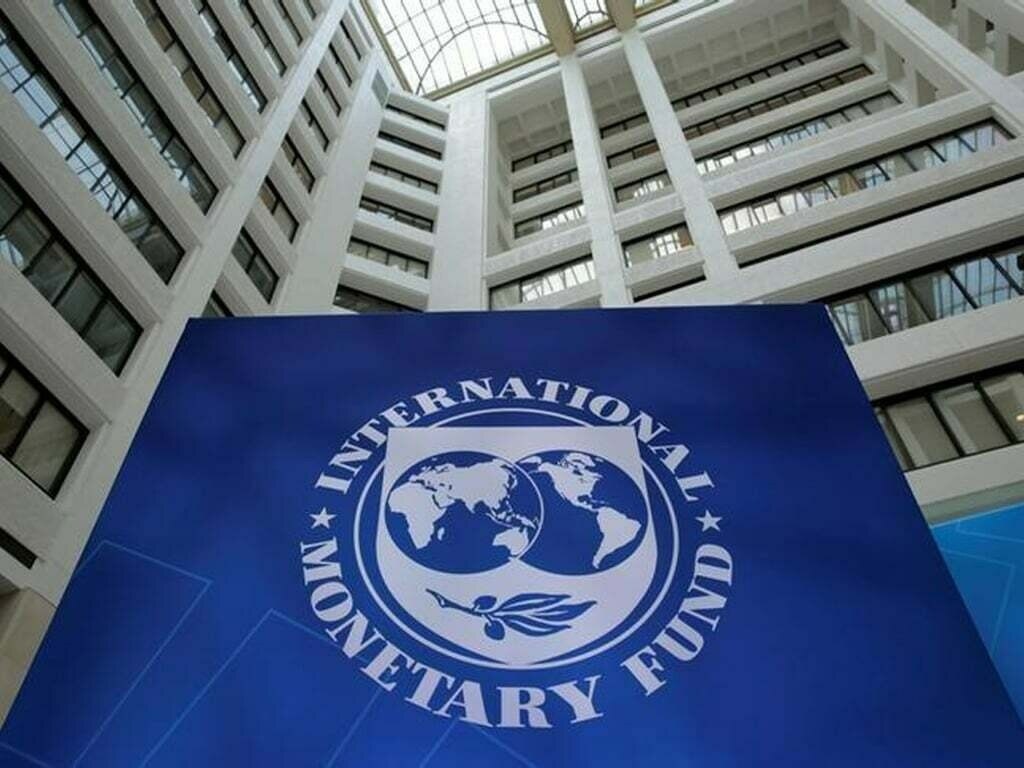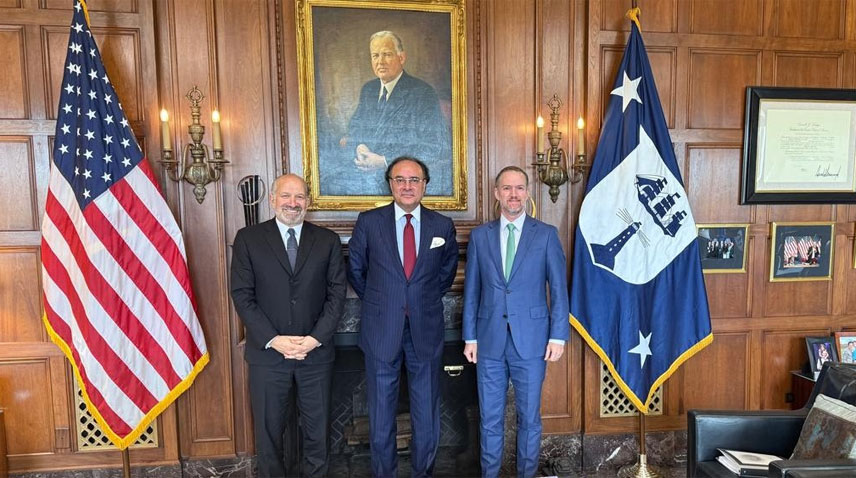The International Monetary Fund (IMF) has approved the first review of Pakistan’s $7 billion loan program, acknowledging the country’s “strong” progress on economic reforms. This positive assessment is a critical milestone for the country as it seeks to stabilize its economy, curb inflation, and restore investor confidence.

Pakistan’s government, under immense pressure from internal political instability and external economic challenges, has implemented a series of difficult fiscal and structural reforms. These include adjustments in utility tariffs, tighter monetary policy, and steps to broaden the tax base—reforms that the IMF praised for being on track despite ongoing headwinds.
The approval unlocks the next tranche of funding under the IMF’s standby arrangement, providing much-needed foreign exchange reserves to shore up Pakistan’s fragile economy. The IMF highlighted the importance of sustaining reform momentum, maintaining market-determined exchange rates, and further improving governance and transparency in public finances.
This development is seen as a confidence booster for international creditors and potential investors, particularly at a time when Pakistan faces increasing debt repayments and rising global oil prices. However, challenges remain, including political unrest, climate vulnerabilities, and a persistent current account deficit.
The government is now tasked with balancing IMF demands with domestic political pressures—especially as public discontent grows over inflation, energy costs, and unemployment. Nevertheless, the IMF’s nod signals a temporary lifeline for Pakistan’s struggling economy and a step forward on its path to macroeconomic stability.
#PakistanEconomy #IMFLoan #EconomicReforms #PakistanIMFDeal #LoanApproval #PakistanInflation #FiscalReforms #IMFTranche #PakistanFinance

















